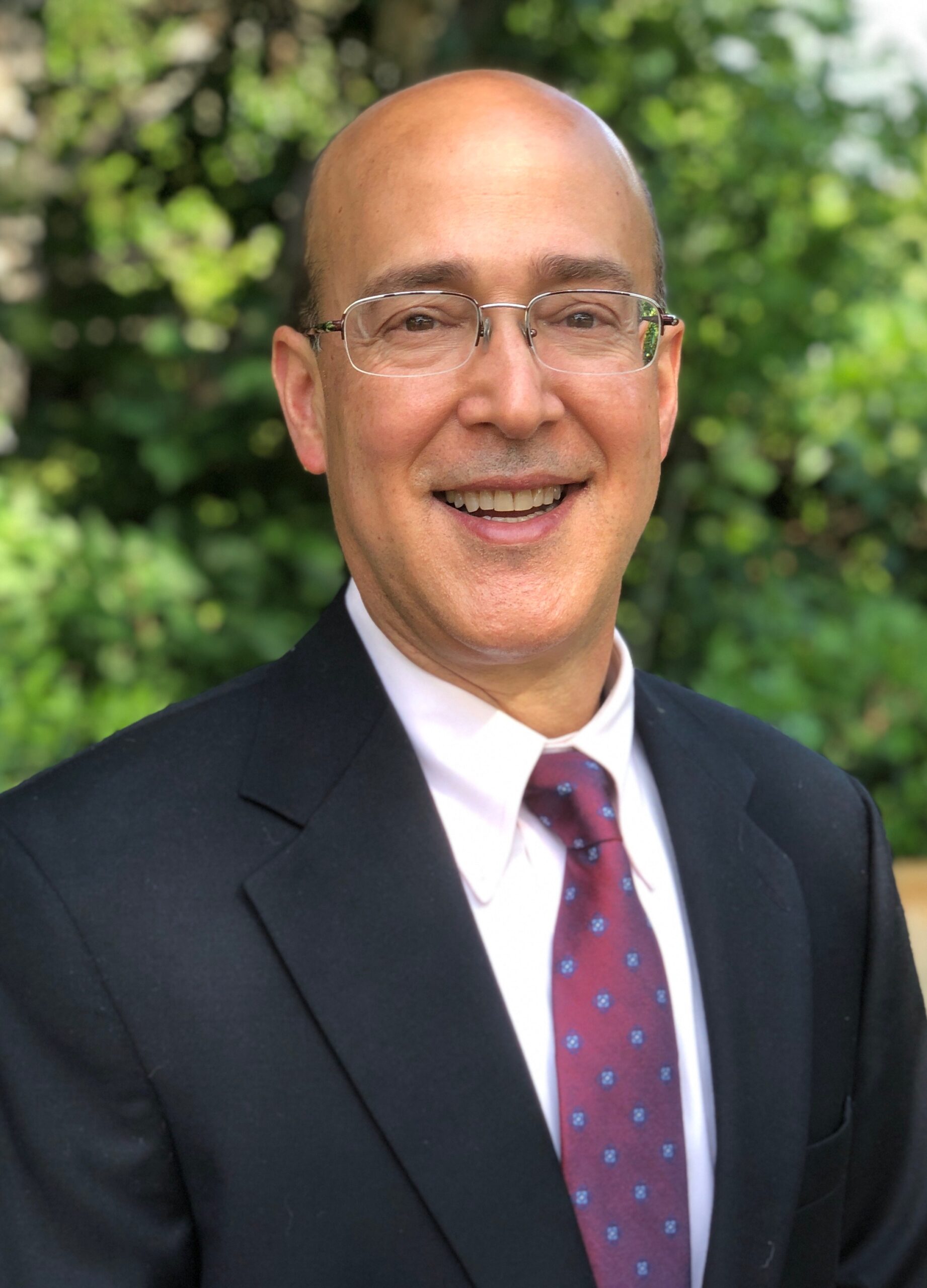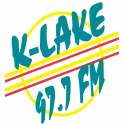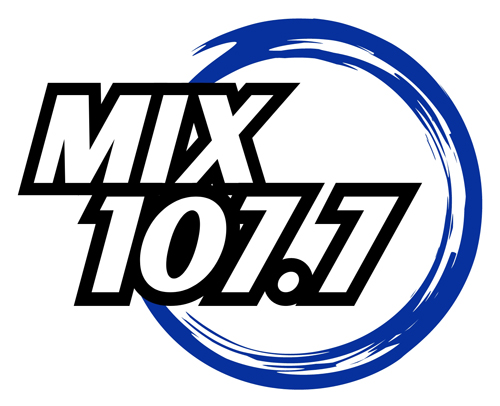
A Lung Scan Can Be a Lifesaver
By Dr. Mark Ferris, Critical Care Pulmonologist
If you are a smoker or a former smoker between the ages of 50 and 80, you may qualify or be eligible for a lung cancer screening exam. It is an exam that could be a lifesaver.
According to the American Lung Association, lung cancer is the number one cause of cancer death in both men and women in the U.S., accounting for approximately one-quarter of cancer deaths.
Several factors can contribute to the development of lung cancer, including radon, exposure to hazardous chemicals, particle pollution, and genetic factors. Still, smoking is the overwhelming number one cause of lung cancer, about 90 percent of lung cancer cases. Even if you quit smoking years ago, your risk – while reduced – is still present.
A lung cancer screening exam is a simple screening that can tell you and a provider if your lungs are healthy or detect lung cancer early, before it spreads, and when treatment can be most effective. Lung cancer symptoms typically do not show until the disease has advanced, so this early detection is key to catching cancer early and more effectively treating it. A lung cancer screening exam is a painless screening that usually takes less than a minute to complete, but its benefits can last far longer.
Many insurance plans – including Medicare – will cover the cost of the screening if you meet eligibility requirements. If you are a smoker or a former smoker between 50 and 80, you may qualify or be eligible. Talk to your provider about your risks and if a lung cancer screening exam is proper for you.
In addition, it’s essential to know that there are some steps you can take to reduce your risk for lung cancer. Most importantly, refraining from smoking and other uses of tobacco, pipes, cigars, vaping, etc., as well as avoiding secondhand smoke as much as possible, getting your home tested for radon, limiting your exposure to carcinogens, and eating a healthy diet.
If you’d like to talk with a provider about your risks and a potential lung cancer screening exam, call 903.737.3232 or visit ParisRegionalMedical.com. Learn more about lung cancer at lung.org and cdc.gov/lung.








 EastTexasRadio.com Powered by Ten Stations
EastTexasRadio.com Powered by Ten Stations




